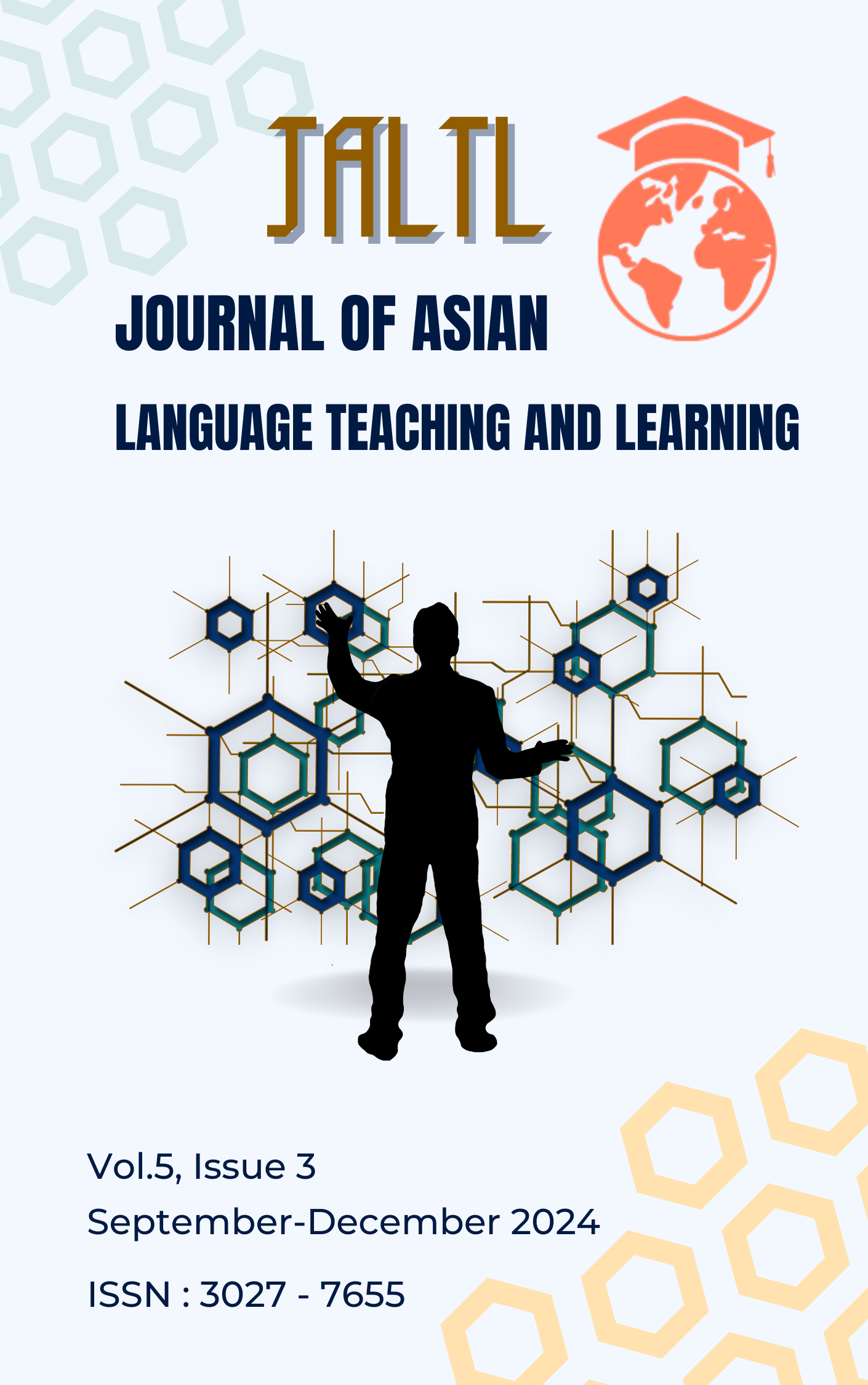The Effects of the 4MAT learning model on the Scientific Process Skills of Grade 4 Students
Main Article Content
Abstract
The purpose of this study was to compare the scientific process skills of Grade 4 students before and after learning through the 4MAT learning model. The study was conducted in a medium-sized school under the Nongbualamphu Primary Education Service Area Office 1 during the second semester of the 2022 academic year. The sample consisted of 30 students that selected by cluster random sampling. This study design was one-group pretest-posttest design. The instruments used in this study included 1) 5 lesson plans on materials and substances by using the 4MAT learning model, and, 2) scientific process skills test. The data were analyzed using mean, standard deviation, percentage, and hypothesis testing to compare scientific process skills between before and after learning by t-test for dependent sample. The results of this study showed students’ scientific process skills after learning (=13.57 or 74.81%) was higher than before learning (=5.97 or 33.15%) in significance at the 0.01 level.
Article Details

This work is licensed under a Creative Commons Attribution-NonCommercial-NoDerivatives 4.0 International License.
References
Alanazi, F. H. (2020). The Effectiveness of the 4MAT Teaching Approach in Enhancing Conceptions of Electricity in Physics for Female Students in the Kingdom of Saudi Arabia. Journal of Turkish Science Education, 17(2), 271–288.
Alsaleem, B. I. A. (2019). "The 4MAT Model in English Language Teaching." Arab World English Journal, 10(4), 112–120.
Bybee, R. W. (2014). NGSS and the Next Generation of Science Teachers. Journal of Science Teacher Education, 25(2), 211–221.
Gagné, R. M. (2020). The Conditions of Learning and Theory of Instruction (5th ed.). New York, NY: Holt, Rinehart & Winston.
Lefa, B. (2014). The Contribution of Vygotsky’s Theory to Education. Procedia - Social and Behavioral Sciences, 116, 477–484.
Johnson, D. W., & Johnson, R. T. (2019). Cooperation and the Use of Technology. In Handbook of Research on Learning and Instruction (pp. 1–22). Routledge.
Kolb, D. A., Boyatzis, R. E., & Mainemelis, C. (2017). The Handbook of Experiential Learning and Management Education. Oxford University Press.
National Research Council. (2012). A Framework for K-12 Science Education: Practices, Crosscutting Concepts, and Core Ideas. Washington, DC: The National Academies Press.
Sabry, M., El-Baaly, T., & Abu-Risk, O. E. M. (2021). Using 4MAT Model to Develop First Primary Pupils Creative Thinking Skills in Science. Journal of Research in Curriculum Instruction and Educational Technology, 7(3), 15-35.
Sharp, J., Peacock, G., Johnsey, R., Simon, S., Smith, R., Cross, A., & Harris, D. (2021). Primary Science: Teaching Theory and Practice. Primary Science.
Teo, T. W. (2017). Science Education Research and Practice in Asia-Pacific and Beyond. Springer.
Walters-Williams, J. (2022). H-CUP: Increasing Higher Order Thinking Skills Levels through a Framework Based on Cognitive Apprenticeship, Universal Design, and Project-Based Learning. Creative Education, 13(9), 1818–1832.


